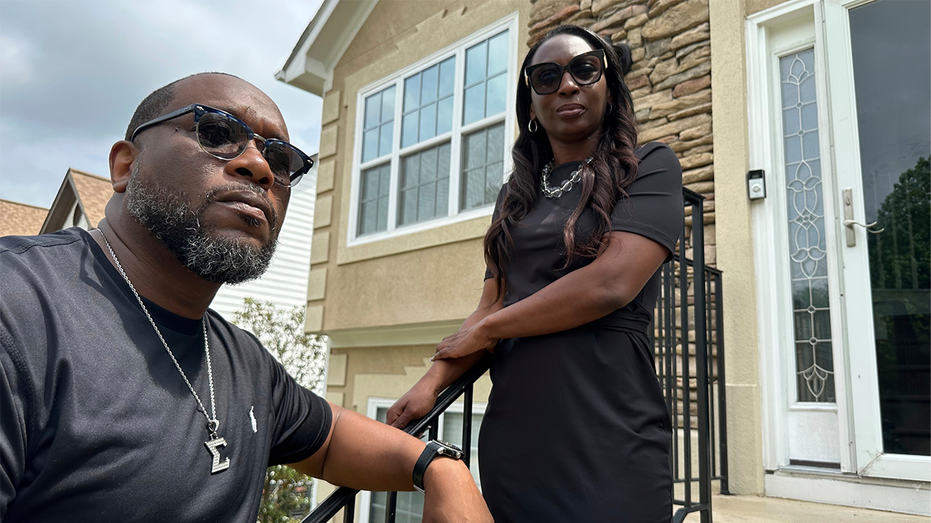U.S. SUPREME COURT TO HEAR CASE OF ATLANTA WOMAN SUING GOVERNMENT OVER WRONG HOUSE RAID
The U.S. Supreme Court is poised to hear arguments in a high-stakes legal battle involving TRINA MARTIN, an Atlanta woman suing the federal government after FBI agents mistakenly raided her home in 2017. The case, set for oral arguments on Tuesday, centers on whether the government can be held accountable for law enforcement errors that result in harm to innocent individuals.
On October 18, 2017, FBI agents forcefully entered MARTIN‘s Atlanta home before dawn, pointing guns at her and her then-boyfriend, TOI CLIATT. During the chaotic raid, her 7-year-old son screamed for his mother from another room, leaving the family traumatized. Agents initially prevented MARTIN from attending to her child until they realized they had raided the wrong house while searching for a suspected gang member.
MARTIN, 46, filed a lawsuit in 2019 accusing the FBI of assault, battery, false arrest, and other violations. However, a federal judge dismissed the case in 2022, and the 11th U.S. Circuit Court of Appeals upheld the ruling last year. The Supreme Court will now decide under what circumstances the federal government can be sued for law enforcement misconduct.
MARTIN‘s attorneys argue that the Federal Tort Claims Act of 1974 explicitly allows such lawsuits, particularly in cases of wrongful raids. They contend that barring these claims would leave victims like MARTIN with little recourse. “If the Federal Tort Claims Act provides a cause of action for anything, it’s a wrong-house raid like the one the FBI conducted here,” her lawyers wrote in a brief to the Supreme Court.
The Justice Department, representing the government, claims the FBI agents conducted due diligence before the raid and that courts should not second-guess law enforcement decisions. Officials argue that this case differs from the no-knock, warrantless raids that prompted Congress to act in the 1970s. The 11th Circuit agreed, ruling that officers cannot be held liable for honest mistakes during searches.
The agent who led the raid reportedly relied on a faulty GPS, which directed him to MARTIN‘s home instead of the correct address just a few houses away. After realizing the error, agents arrested their intended target and later apologized to MARTIN and CLIATT, leaving a supervisor’s business card. However, the family received no compensation for the emotional trauma or property damage caused by the raid.
MARTIN described the incident as life-altering, particularly for her son, who has since exhibited severe anxiety. “TOI and I will never be the same—mentally, emotionally, psychologically,” she told The Associated Press. “TOI had to leave his truck-driving job because he couldn’t sleep, and my son started pulling threads out of his clothes and peeling paint off the walls.”
The case has drawn national attention, with other U.S. appeals courts interpreting the Federal Tort Claims Act more favorably for victims of wrongful raids. Legal experts say the Supreme Court’s decision could resolve these conflicting standards.
For MARTIN, the most heartbreaking aspect of the ordeal was her son’s cries during the raid. “When you’re not able to protect your child or at least fight to protect your child, that’s a feeling that no parent ever wants to feel,” she said.
The Associated Press contributed to this report.
[Source: The Associated Press](https://apnews.com)




Post Comment